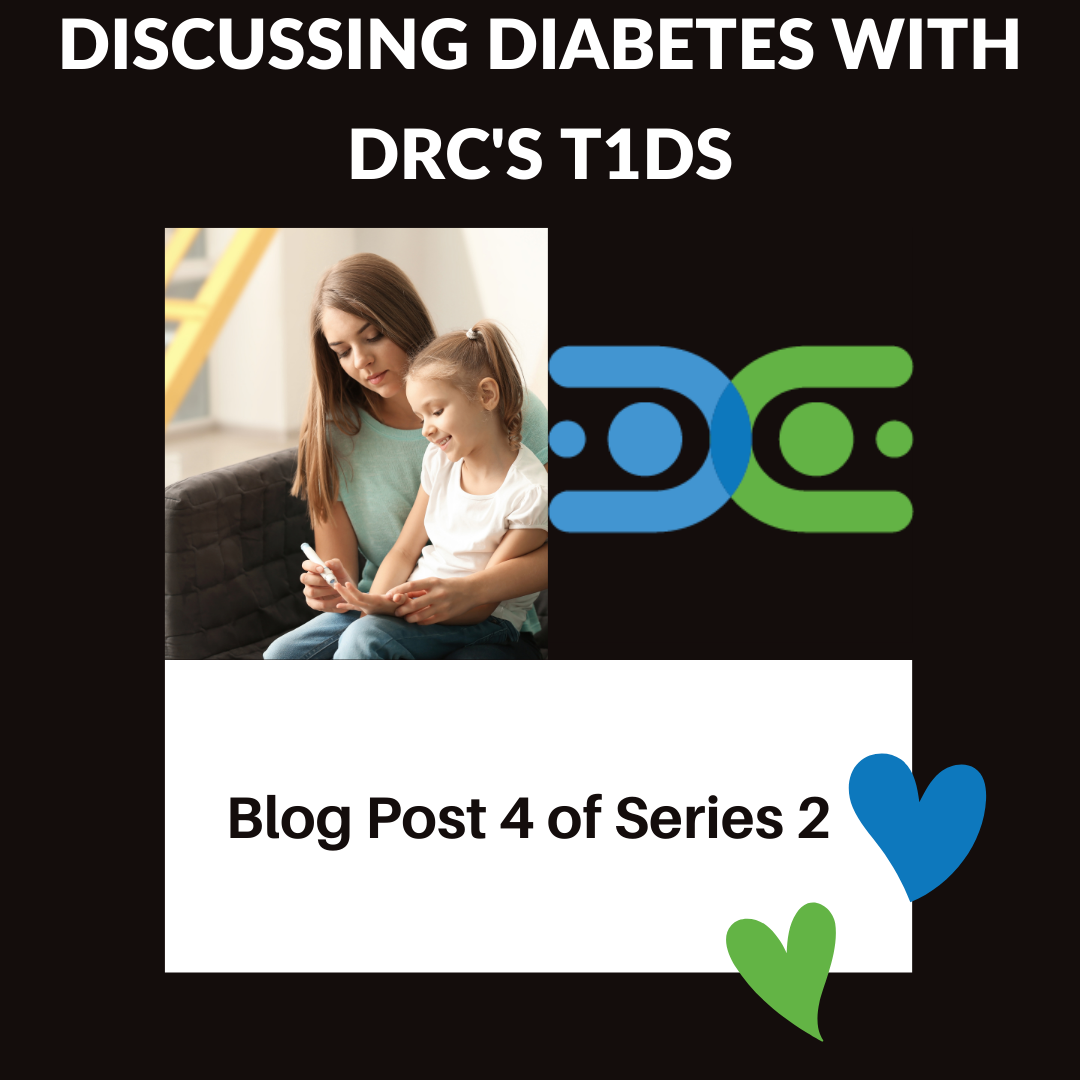When I started researching articles to reference when I wrote this blog, I realized a lack of anecdotal/experiential information regarding a T1D’s background with how their parents coped/managed this new and daunting disease. I see many helpful tips and tricks for mom and dad on handling high A1Cs and dealing with constant uncertainty, but let me take a stab at expressing the feelings and thoughts on the other side of the fence.
Let me begin by stating how much I absolutely adore my mom and dad. Where my mom is the emotional outlet and mental strength I need when times get tough, my dad takes the clinical and practical approach by seeing the issue and addressing it immediately. My parents divorced before I got T1D, but it honestly brought them together. The day I was diagnosed, both of my parents were clutching my hands and listening intently as my PA stated my blood sugar was above 500 and we would need to go to the hospital the following day. While my mom held me close and told me that everything would be ok, my dad started frantically researching. Throughout the next month and a half, our seemingly “normal” family transitioned into what would become OUR norm. My dad had never given a shot to another person, yet he spent hours injecting water into oranges and learning about carb counting and insulin dosages. My mom went a different route and began looking for support groups for the whole family. As the parents of a T1D child, it is important to play to your strengths and not what is “expected” of you.
Now, not everything was honky-dory in the Gebauer household when it comes to my T1D. My dad was under the assumption that my blood sugar needed to be between 100-120 at all times. If you have had T1D past the honeymoon phase, you know that this is not realistic. I hate to break it to some T1D parents out there, but we will have bad days – it comes with the territory. Instead of scolding the child on their blood sugar, my suggestion would be to comment on how it was caught in time to be addressed and then move forward. Not all A1Cs are below 7. Again, don’t criticize the child; we already get the excruciatingly frightening talk of all the future complications we will end up having from our Endocrinologist and their army of tongue-lashing nurses. Instead, the parent should work with the child on a feasible management plan together. Celebrate the wins and learn from the losses.
I have had the privilege of knowing many T1Ds in my life, and I can honestly say that nothing was/is more important to me than having support. This came in the form of T1D camps and non-profits (like DRC) that helped me grow with my disease and offered my parents guidance from other experienced/non-experienced parents that alleviated a lot of unnecessary stress. When I was first diagnosed, I went to a camp up in Angelus Oaks called Camp Conrad Chinnock. While I was learning how to give myself shots, my parents worked through their fears and concerns with other parents, exchanging tips on what helps them and what doesn’t. After we went home, my mom and dad stopped fighting me when I would beg to have a treat like ice cream, Halloween candy, or heaven-forbid, sugar-filled soda. Instead, we made compromises together. Rather than having a large piece of cake with ice cream, I could have a smaller portion of cake minus the ice cream. If I drank diet sodas Monday through Friday, I could have the sugar-filled soda on Saturday. At one point, I even started to hate the taste of sugar-filled sodas and currently religiously enjoy my diet Sunkist and Root Beer.
So, what can a parent of a T1D child take away from what I have written? 1. T1D is anything but perfect and often isn’t. What works for both the parent and child is communicating and developing a management system and making mistakes but positively addressing them together. That way, when the child is my age, they don’t have to call their mom/dad in the middle of the night and ask them how many units they need to take when their blood sugar is 350 – they know and are prepared. 2. Find a support system that meets the family’s needs. We heard about my parents and my experience, but I have a little brother and older sister. Going to this camp and finding local non-profits helped them understand my struggle and gave them the space to find others in their predicament. We are NOT alone, and there are so many places and resources out there to help make this difficult disease easier.
This blog was written by Hannah Gebauer, DRC’s Development Assistant, who has had T1D for 18 years and is writing on a subject close to her heart.





